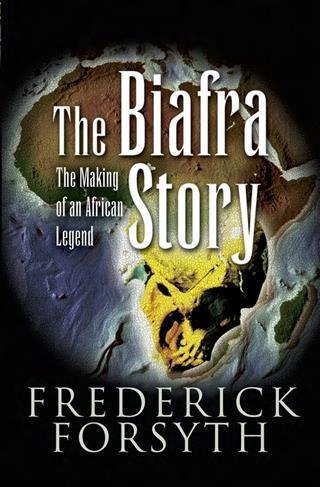
Sofort lieferbar (Download)
The Nigerian civil war of the late 1960s was one of the first occasions when Western consciences were awakened and deeply affronted by the level of the suffering and the scale of atrocity being played out in the African continent. This was thanks not just to advances in communication technology but to the courage and journalistic skills of correspondents such as Frederick Forsyth, who had already earned an enviable reputation for tenacity and accuracy working for Reuters and the BBC. In The Biafra Story, his first book, the Author took a strongly Biafran stance, revealing the depth of the British Government's active involvement which many would have far preferred to remain secret. Genocide is not a pretty word but there is no other way to describe General Gowon's treatment of the Biafran people, facilitated by a ready supply of British arms and advice. That Forsyth had the courage to take on The Establishment surprised none who knew him then; today his robust common-sense views strike a cord with those who tire of politicalcorrectitude.
Still relevant in terms of the lessons that it offers, many of which are, tragically, still unlearnt, this powerful book is also significant as it launched Frederick Forsyth on his hugely successful literary career by providing him with the background material for Dogs of War. The combination of dramatic events and shocking exposures combined with the author's forthright and perceptive style makes The Biafra Story as compelling a read today as when it was first written.
Produktdetails
Erscheinungsdatum
21. März 2015
Sprache
englisch
Seitenanzahl
291
Dateigröße
107,86 MB
Autor/Autorin
Frederick Forsyth
Verlag/Hersteller
Kopierschutz
mit Adobe-DRM-Kopierschutz
Family Sharing
Ja
Produktart
EBOOK
Dateiformat
PDF
ISBN
9781473860995
Entdecken Sie mehr
Bewertungen
0 Bewertungen
Es wurden noch keine Bewertungen abgegeben. Schreiben Sie die erste Bewertung zu "Biafra Story" und helfen Sie damit anderen bei der Kaufentscheidung.









